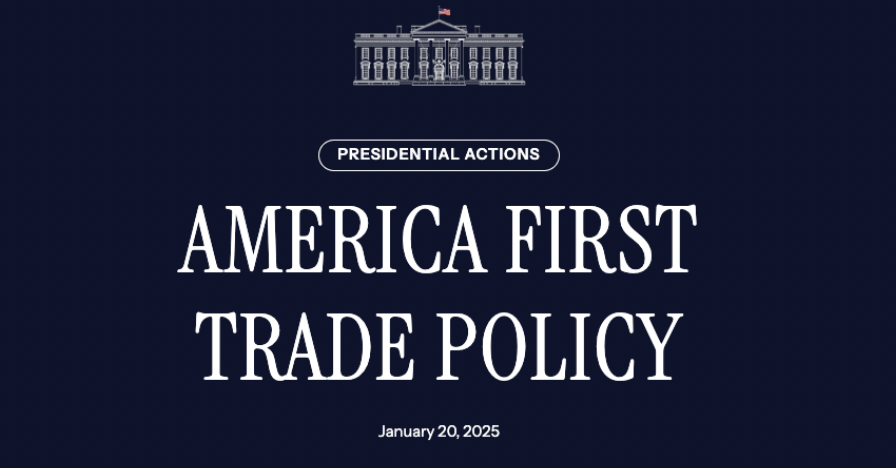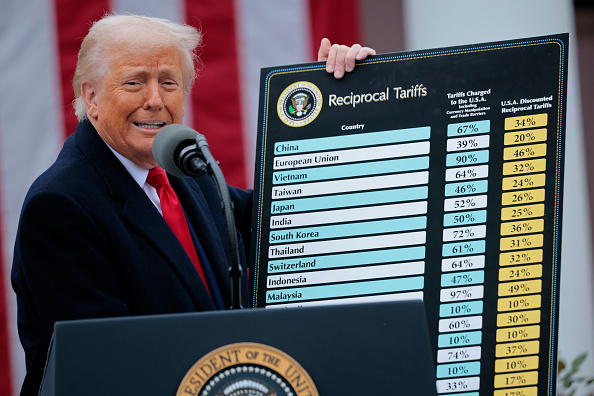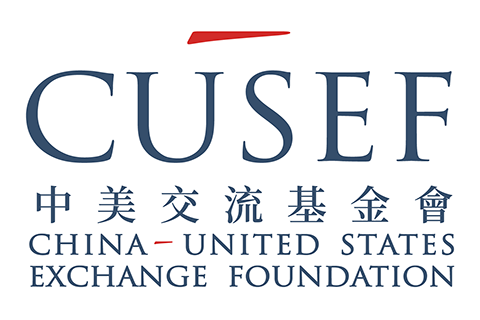
Dear Focus Reader,
This week's 25th EU-China Summit in Beijing marked 50 years of diplomatic ties, but unfolded under the weight of escalating trade disputes, geopolitical divergences, and war-related tensions. European Commission President Ursula von der Leyen and European Council President Antonio Costa traveled to the Chinese capital for a one-day meeting with President Xi Jinping and Premier Li Qiang, shortened from an originally planned two-day event.
During the summit, Xi warned against protectionism, saying "decoupling and breaking chains will only result in isolation." The summit followed a year of EU investigations into Chinese industrial overcapacity and trade imbalances, especially in sectors like electric vehicles. The EU's trade deficit with China reached a record €305.8 billion ($360 billion) in 2024, a figure von der Leyen cited as evidence that "we have reached an inflection point."
Von der Leyen pushed for "real solutions," emphasizing the need for more balanced market access and reciprocity.
Additionally, a joint statement on climate change was issued, reaffirming commitments to the Paris Agreement and outlining plans for deeper cooperation on emissions reduction and green innovation.
Also looming over the discussions was Russia's ongoing war in Ukraine. Von der Leyen called on China to use its influence to press Moscow toward a negotiated peace, a point reiterated by Costa, who cited concerns over dual-use exports.
The timing of the summit also comes as the U.S. and EU race to finalize a separate trade agreement before an August 1 tariff deadline. Meanwhile, attention is already turning to a potential meeting between President Xi and President Trump later this year. According to officials, aides from both governments are discussing a possible face-to-face during the APEC summit in South Korea or another stop in Asia. While no date has been confirmed, such a meeting would be the first between the two leaders in Trump's second term and could signal renewed diplomatic engagement after months of tariff negotiations.
Learn more on international relations by catching up on our latest Focus content, including topics on global trade, the Middle East, and more.
"Even more frightening is that if a country's security is not effectively guaranteed and sincerity in nuclear negotiations is not respected, the Iranians may reassess their strategic demands, which will bring new and unpredictable challenges to the whole world."
The estimated cost of damage inflicted on Ukraine since the start of the war, as of July 2025.
Learn more in "From Olive Branch to Strategic Deterrence," by Xiao Bin, Deputy Secretary-general for the Center for Shanghai Cooperation Organization Studies, Chinese Association of Social Sciences.
The Mystery and Mastery of Face Changing
Watch VideoChina Current Culture Contributor Tasmin Little explores the ancient Chinese tradition of Face Changing, or Bian Lian—a 300-year-old performance art so treasured it was once deemed a second-level state secret. Today, this once-guarded spectacle lives on not only in Sichuan opera houses, but also in hot pot restaurants, where diners can enjoy a fiery feast and a dazzling show all at once.
In our Focus Insights section, we featured an article by Brian Wong discussing the potential global impacts of the U.S.'s current trade strategy under the America First policy.
We want to hear from you!
How can countries promote fair trade while also maintaining strong international relationships?
Submit your thoughts to USeditor@chinausfocus.com for a chance to be featured in next week's Focus This Week.
useditor@chinausfocus.com for more info.
Prepared by China-US Focus editorial teams in Hong Kong and New York, this weekly newsletter offers you snap shots of latest trends and developments emerging from China and the U.S. every week. It is a community space to exchange thoughts and ideas about the China-U.S. relationship and beyond.
- 2025-07-18 Focus This Week: Deeper Ties
- 2025-07-11 Focus This Week: Cautious Contact
- 2025-06-27 Focus This Week: Restored Access
- 2025-06-20 Focus This Week: Escalation and Restraint
- 2025-06-13 Focus This Week: A Trade Reset?
- 2025-06-06 Focus This Week: A Long-Awaited Call
- 2025-05-30 Focus This Week: Visas in the Crosshairs
- 2025-05-23 Focus This Week: Academic Exchange Strained
- 2025-05-16 Focus This week: Rolling Back, Moving Forward?
- 2025-05-09 Focus This Week: "Friends of Steel"
- 2025-05-02 Focus This Week: An Open Door?
- 2025-04-25 Focus This Week: Open for Business
- 2025-04-18 A "Numbers Game"
- 2025-04-11 Focus This Week: Beijing Strikes Back
- 2025-04-04 Focus This Week: Tariff Turmoil
- 2025-03-28 Focus This Week: Navigating Uncertainty
- 2025-03-21 Focus This Week: Driving Diplomacy
- 2025-03-14 Focus This Week: Two Sessions Wrapped
- 2025-03-07 Focus this Week: Setting the Agenda
- 2025-02-28 Focus This Week: A Dramatic Shift




